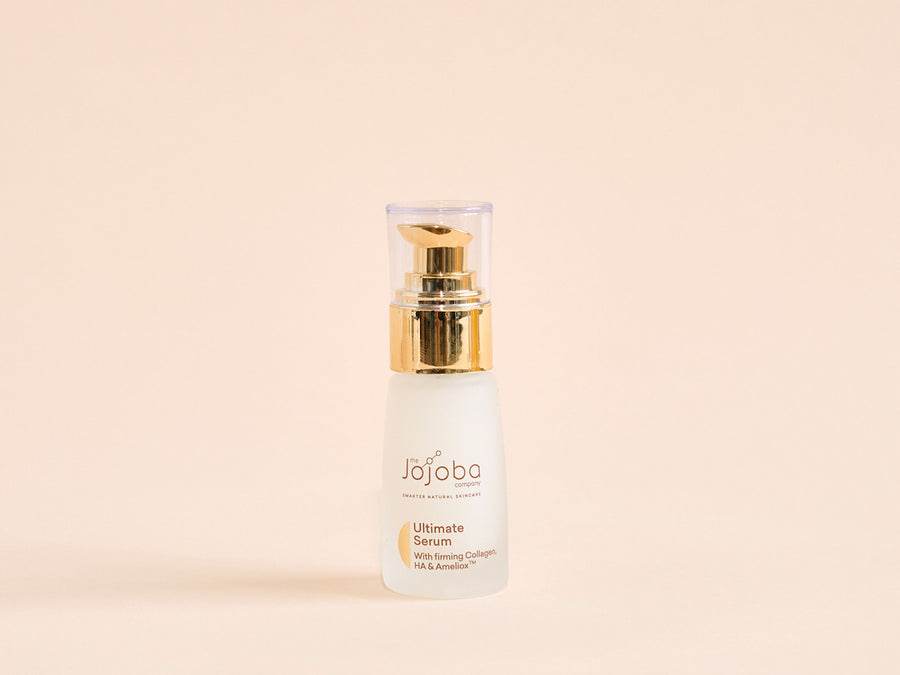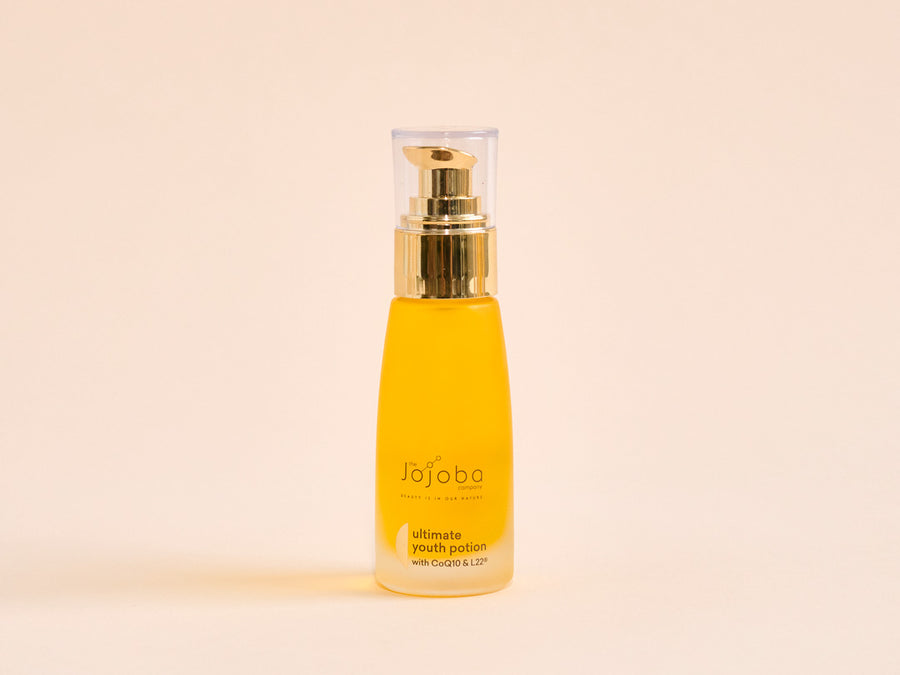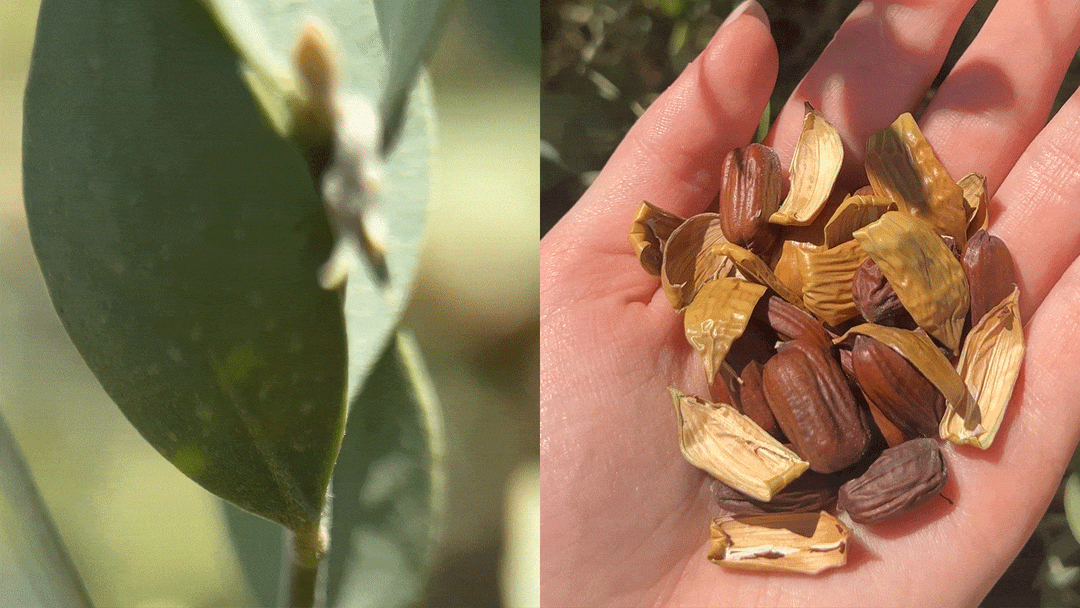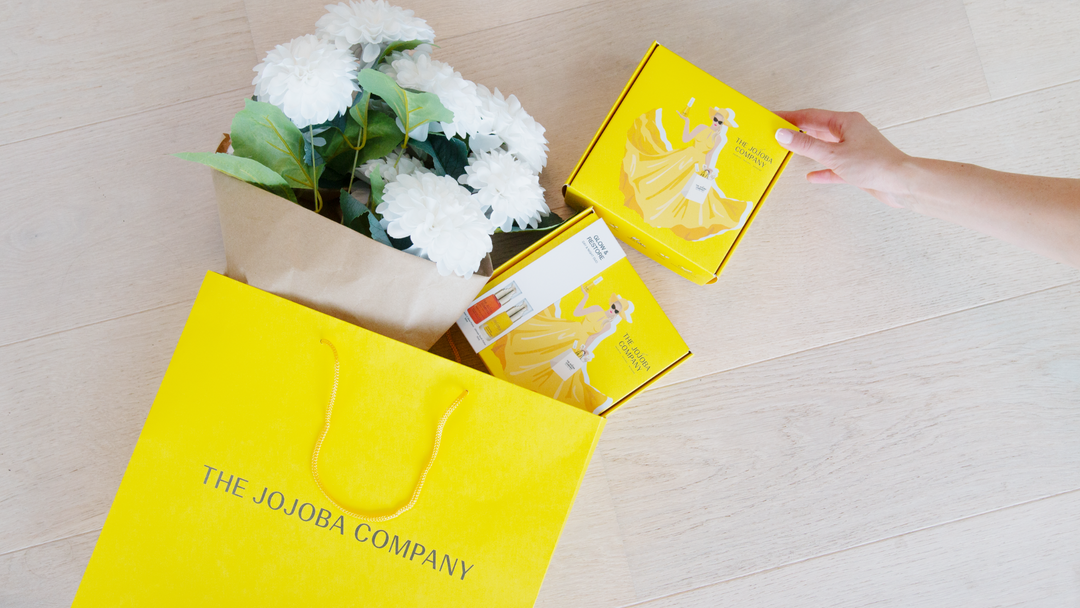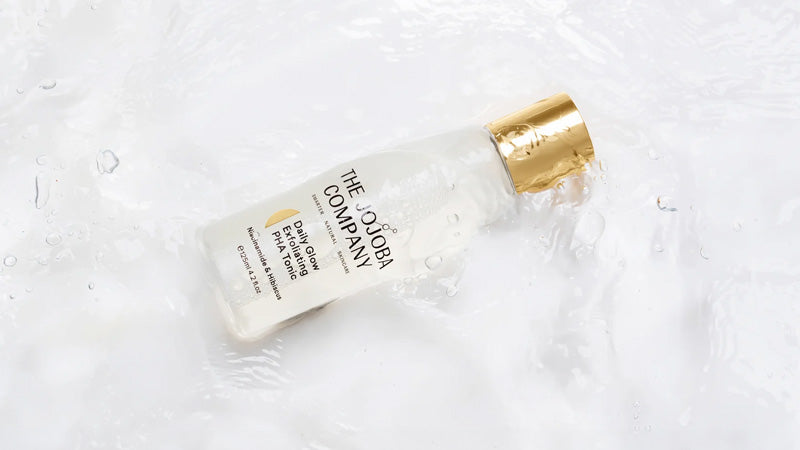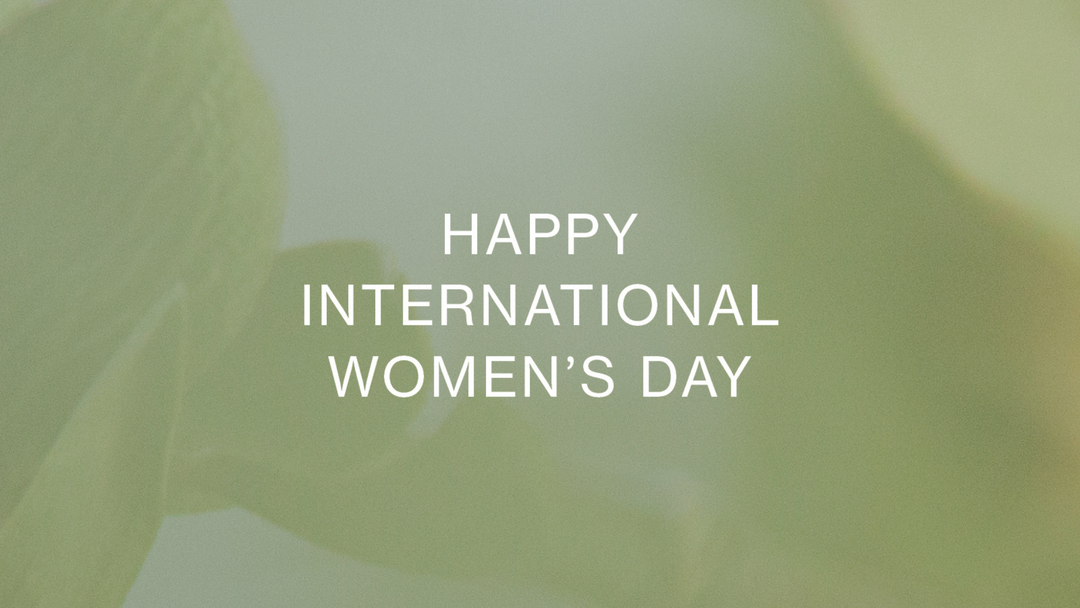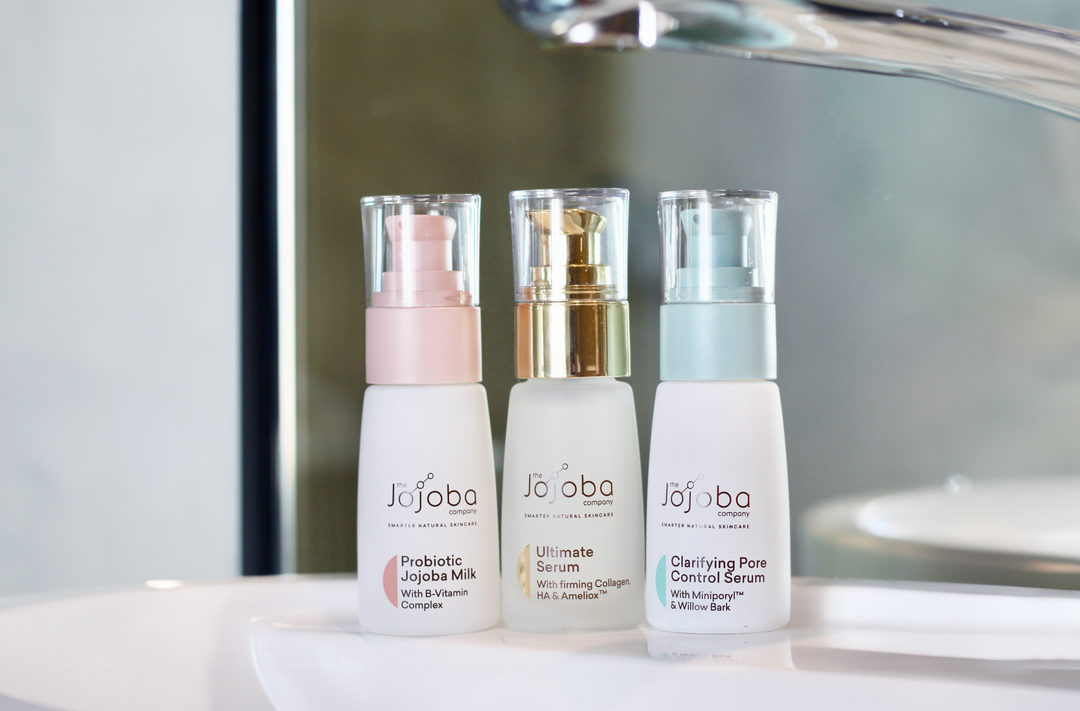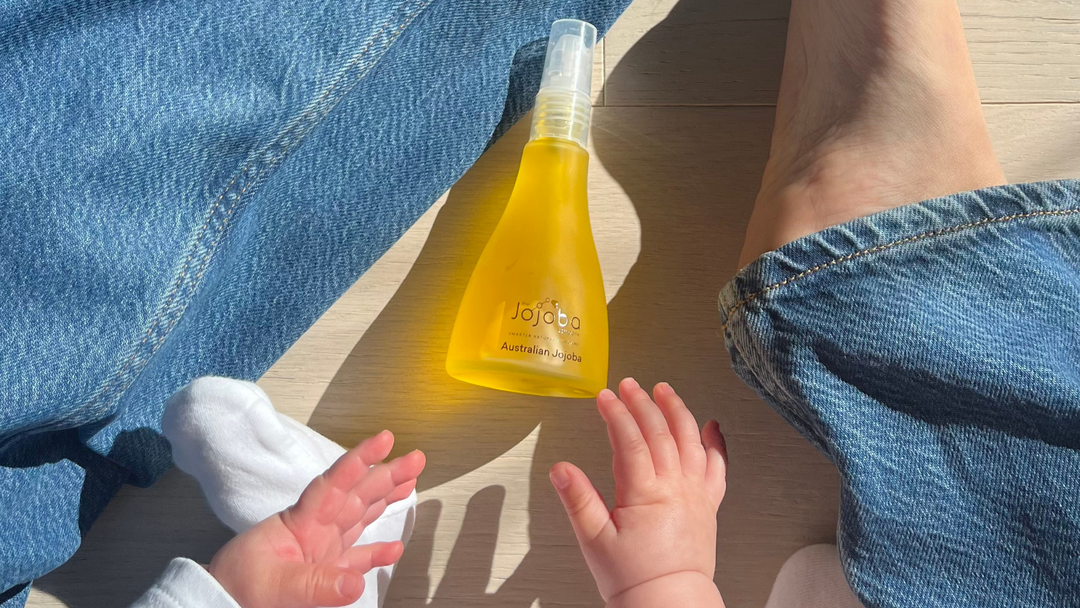Happy World Environment Day

Created by nature, the little bean that makes The Jojoba Company possible, relies on the land to continue to produce that liquid gold that we all love so much.
And in honour of that little Wadi-Wadi Jojoba bean, TJC are always looking for ways that we as a company can improve on and minimise our environmental footprint.
Growing our own Wadi-Wadi Jojoba on Beresford farm, we maintain the highest ethical and sustainable standards right here in our backyard. And the ingredients we don’t grow ourselves are sourced ethically ensuring humans, animals and the earth are minimally impacted.
Starting at the heart of our skincare, Wadi-Wadi Jojoba is not just an incredible bean in skincare, but environmentally it’s an even more intelligent bean than we first thought. But it isn’t just that smart little bean that helps the world. This week we spoke to our Farm Manager, Daniel Buster – or as you might have seen him on our Instagram @thejojobaco – Farmer Dan!
With boots on the ground at Beresford Farm, Dan is at the beginning of our environmentally friendly journey and took some time out of his busy day to answer some very important questions on World Environment Day.

The Jojoba Company: Why is the Wadi-Wadi Jojoba plant so special to the environment?
DAN:
- Carbon negative, Wadi-Wadi Jojoba itself actually removes more carbon from the atmosphere than it creates.
- Wadi Wadi Jojoba is great source of carbon storage. The wood is very dense and hard using high ratio of carbon in the tree. It has a commercial life of 50+ years. It is storing carbon for over 2 generations.
- Native to the desert, Jojoba is drought tolerant and doesn’t need a lot of water to thrive. The thick waxy leaves control the moisture evaporation from the leaf surface, it can maintain moisture in the leaf on the blazing hot days in summer when other plants are wilting. The root system will grow to 3 meters into the soil to utilise water most other plants do not even reach. It can survive very long dry periods using this scarce deep moisture.
TJC: At Beresford Farm, how do you do your bit for the environment?
Dan: We are committed to reducing the disposable footprint of the farm. We use composted animal manures as a source of nutrients for our crops rather than chemical fertilisers. We recycle steel, plastics etc and up-cycle / repair where we can.
TJC: You share a lot of different creatures and critters found on Beresford Farm on our Instagram, are these friends important to growing our Wadi-Wadi Jojoba?
Dan: Interconnectivity between species in the environment is essential for a healthy environment and a productive farm.
- Birds making nest in jojoba and foraging in the orchard tell us there are insects, worms, beetles, moths also in the jojoba.
- Worms in the soil under the jojoba tell us there is oxygen and micro biota for healthy worms. Beetles, worms, millipedes’ all breakdown the leaf litter to plant nutrients.
- Turtles, fish, freshwater clams, yabbies, frogs tell us our water source is clean and full of oxygen. The irrigation supply becomes a refuge for a whole web of aquatic life.
